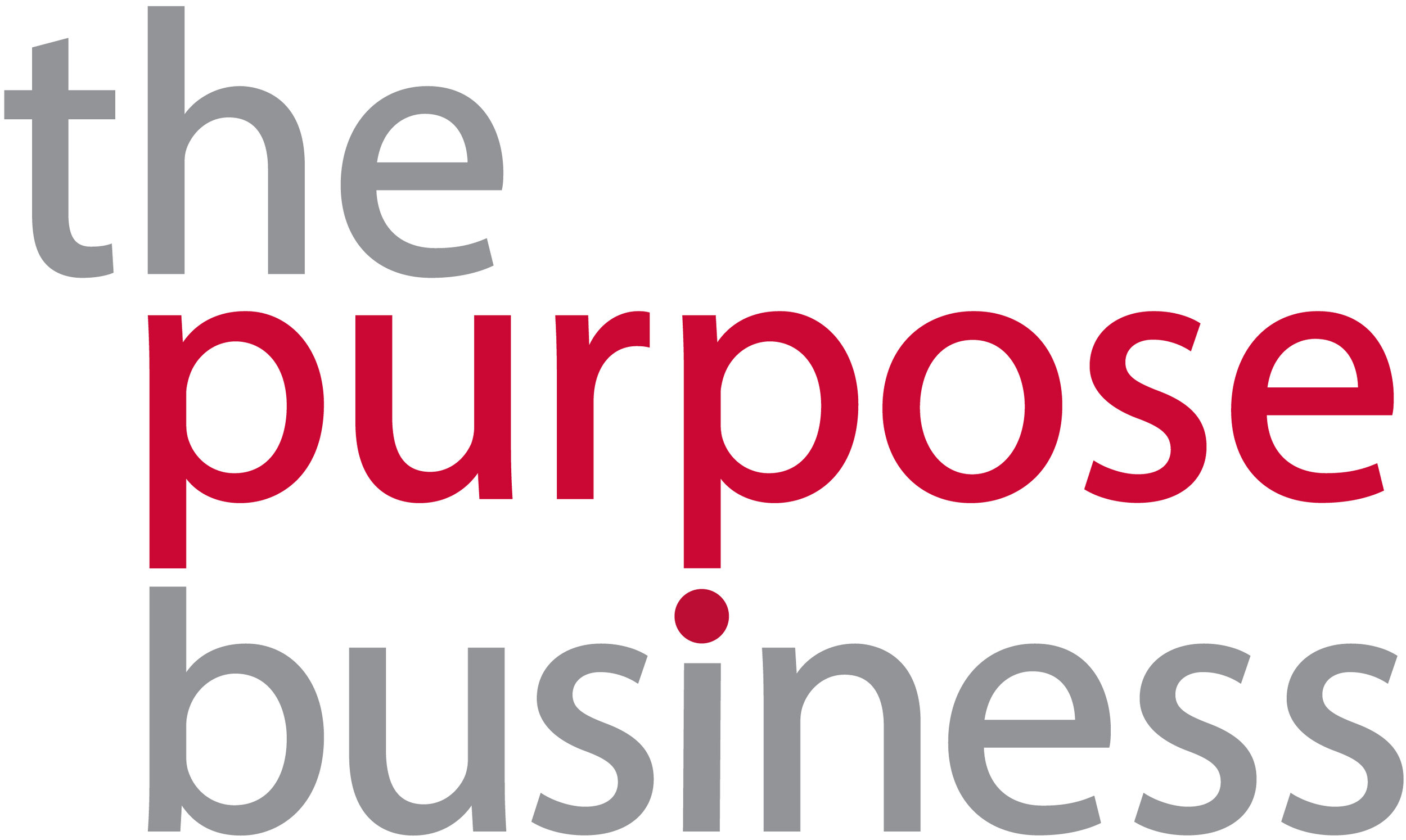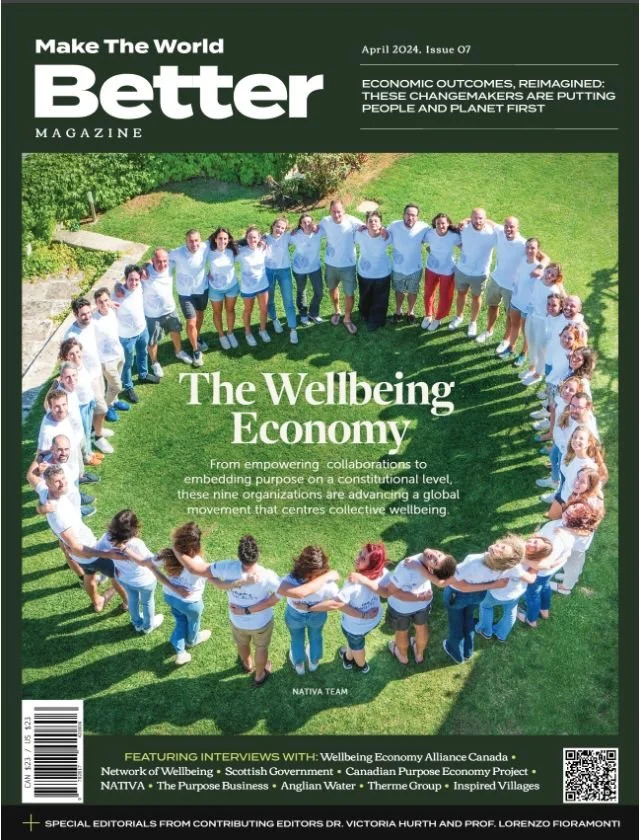Telling your ESG story
Can sustainability be the hero of your corporate story? Siân Wynn-Jones reflects on the highlights of a breakfast session serving up a healthy portion of communications insight and a double shot on the importance of storytelling.
Being able to communicate your corporate ambitions and activities in ways that really resonate with stakeholders has never been more crucial, yet it’s an opportunity that many Hong Kong businesses are not fully embracing. This is particularly true in sustainability communications, and what TPB’s recent Breakfast with Purpose, hosted by Brunswick Group, set out to investigate.
The environmental, social and governance (ESG) work that companies do provides rich sources of inspiration for compelling corporate narratives. At the recent Breakfast with Purpose, Zoë Arden of the Cambridge Institute for Sustainability Leadership (CISL), shared inspiring insights on why and how successful companies were using sustainability as content for strong communications.
Storytelling is a leadership skill
As the CISL research Rewiring Leadership revealed earlier this year, storytelling is an under-utilised, but essential, skill for leaders. The study notes that leaders need to “cultivate the ability to use personal and institutional voices, and harness the power of storytelling” if they are to influence change at a system level. To have real impact, this is where corporate ESG/sustainability strategies need to operate.
By looking at global and regional examples, and examples very close-to-home for all our guests, Zoë guided TPB’s guests to discover the elements of a purposeful story including authenticity, weekend language, the ‘why’ and meaningful data.
“A purposeful story will engage stakeholders and drive change,” said Zoë, “but let’s not pretend it’s easy. You have to really understand your audiences and focus on real ingredients that make your story relevant to your audience.”
How is Hong Kong telling ESG stories?
In the panel discussions that followed, industry leaders examined sustainability communications in Hong Kong today. It is clear that whilst there a few pockets of good examples, Hong Kong is not representing itself well on the global stage when it comes to sustainability communications.
This matters in terms of the city’s reputation. It matters because companies are missing out on the advantages that come with communicating sustainability well. And it is crucially important because the scale of the ESG challenges that the region faces is massive, and while there is very little progress (even on high-profile global agendas such as the Sustainable Development Goals (SDGs) where Asia-Pacific is on a trajectory to achieve just one of the 17 Global Goals by 2030), businesses are not using the tools we have collectively as a force for good.
Whilst Hong Kong has some unique cultural issues to contend with, not least the common perception in the city that failure is the ultimate taboo, our panel were keen to identify ways to cut through to help Hong Kong companies amplify their sustainability communications.
1. Build confidence and capability
“There is a crisis of confidence in sustainability and communications teams in Hong Kong,” observed Ashley Hegland, Sustainable Development Advisor at Swire Properties, “to succeed we need to build up confidence and capability. When companies talk about sustainability, it’s traditionally been from the technical perspective, an engineer talking about a green building. We know now that we need to do it differently.”
Sustainability and communications professionals should spend time together to understand how each can help the other succeed. A recent State of Sustainable Business survey reported that less than 20% of sustainability professionals see product development or marketing communications colleagues as key for collaboration, despite identifying consumer demand as a driver for sustainability.
2. Know your audience
Hong Kong may not be overtly practised at speaking about sustainability, but audiences’ expectations are steadily growing, particularly among consumers and investors.
“ESG issues have more resonance in Hong Kong today than before,” noted Catherine Feliciano-Chon of marketing and communications consultancy CatchOn, “This is largely due to consumers. They are asking, in fact they are making demands of, businesses to be more responsible and transparent.”
Hong Kong’s businesses cannot be immune to the global trends of investors, and their interests across ESG. Major investors, such as BlackRock, are requiring that every company must “show how it makes a positive contribution to society.”
“If we really want to see impact in sustainability communications, we have to focus on the audience,” noted Patrick Eastwood of creative communications agency MerchantCantos, “we need to connect on a human level, through their hearts.”
3. Love your data
Data can be empowering. It provides credibility, shows progress and demonstrates transparency – all things that stakeholders believe are important and ask to see more of. Understanding the data which is going to resonate with your audiences and being able to share it in a way that is meaningful to them, can lift your narrative.
Hong Kong businesses may traditionally feel more comfortable waiting until stories are complete and polished before sharing, but corporate sustainability work is never complete. It is therefore vital that we find ways to be more comfortable, or at least more comfortable being uncomfortable, communicating activities that are still in progress.
4. Find ways to cross silos and hierarchies
Whilst some companies set up corporate-wide working groups specifically to look at how communications can support and strengthen their ESG strategy, not all organisations have internal structures that makes cross-team working simple. You may need to hunt for like-minded people who want to achieve the same goals.
Hong Kong businesses traditionally rely on a top-down approach when it comes to internal communications, but this doesn’t reflect how people actually engage with information at work. Board level engagement is of course vital to ESG activities, but listening to and engaging employees as advocates is essential if you are to be a truly sustainable business. Where internal infrastructure is not there to support you may need to ‘go Guerrilla’ to find your influencers’ influencers who can deploy your message to best effect.
5. Share stories
We all share stories every day. The smartphone that we carry in our pocket captures the moments we need to inform our friends and families of something important, to remind them of something, to introduce them to someone or something. This is the mindset to bring to sustainability communications – this is what your audiences understand and respond to.
We have been sharing stories our whole life, and now it’s time to bring it into our work. It’s clear that storytelling is a skill that will define the leaders of tomorrow, and as the Breakfast with Purpose concluded, “Grown up businesses share stories.”






